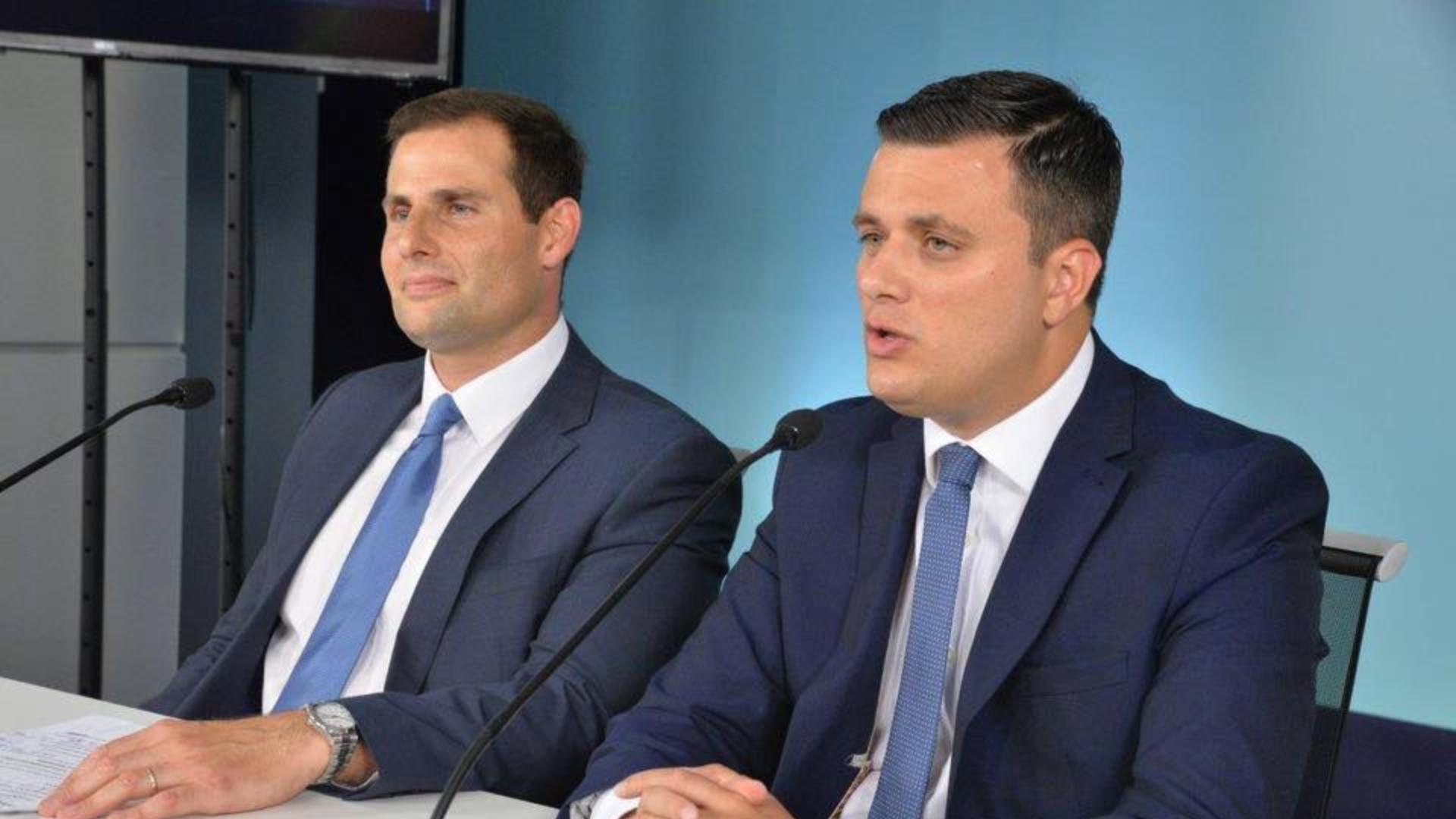Following the European Commission’s unveiling of the European Media Freedom Act last week, many international press freedom organisations have welcomed the Commission’s initiative but called for further strengthening of several proposals.
On 16 September, Vice-President and Commissioner for Values and Transparency Věra Jourová and Commissioner for the Internal Market Thierry Breton unveiled the European Commission’s proposal for a European Media Freedom Act (EMFA).
The initiative aims to establish a common basis of media freedom safeguards that are applicable throughout the European Union and to counter the steady decline in media freedom and pluralism across many countries within the bloc.
In a statement published the same day, a group of press freedom and human rights organisations joined forces to welcome the European Commission’s initiative stating that the EMFA “breaks significant new ground in our efforts to protect media freedom in Europe” and that “the EMFA has identified many of the key issues where the EU and member states must urgently act in order to protect media freedoms. This statement of intent, alone, is very welcome”.
Together with @MediaGFMD @globalfreemedia @pressfreedom @LibertiesEU and 13 other #MediaFreedom organisations, we call on the EU to seriously strengthen the European #MediaFreedomActhttps://t.co/37JxuxMmEE
— EFJ (@EFJEUROPE) September 16, 2022
They note, however, that if the EMFA is to be effective in its achieving its aims it should strengthen the transparency in media ownership clauses with clear rules instead of with soft-law recommendations.
The Act should also introduce rules governing all financial relations between the state and media and remove the limit on state advertising transparency for over one million inhabitants.
They add that the EMFA should also guarantee the independence of national regulators as well as the independence of the European Board for Media Services and should expand measures against the surveillance of journalists and ensure a general guarantee for the protection of sources.
The signatories of the statement include the Committee to Protect Journalists (CPJ, European Centre for Press and Media Freedom (ECPMF), European Federation of Journalists (EFJ), International Press Institute (IPI), Reporters Without Borders (RSF), The Daphne Caruana Galizia Foundation and Transparency International.
RSF’s Secretary General, Christoph Deloire said in a statement that the proposed European legislation on media freedom “must be welcomed and defended because it reflects the European Commission’s will to preserve the Union’s values against powerful private-sector corporations, authoritarian states and external manipulation” and added that “we appreciate the adoption of many of the recommendations submitted by RSF, in particular, the approach of the New Deal for Journalism proposed by the Forum on Information and Democracy. However, this proposed legislation is still wanting in certain areas and will have to be improved”.
RSF said that while the draft legislation incorporated several proposals made by the organisation during its discussions with European Institutions including citizens’ right to receive pluralistic and independent information, one aspect of the EMFA that needs further development is the protection of the European information space against external manipulation and influence.
While the EMFA allows coordinated action against media outside the EU that undermine or threaten public security and defence, it does not provide an appropriate and legitimate legal framework for this.
Today we welcome a step forward in the protection of media pluralism & media freedom in the EU, and we renew our mission to provide the best independent, policy-relevant research to contribute to informed policy making.
Our statement on the #EMFA🔽https://t.co/iOFsGSOTf8
— Centre for Media Pluralism and Media Freedom (@EUI_CMPF) September 16, 2022
In a statement, the Centre for Media Pluralism and Media Freedom also noted how over its ten-year research via the Media Pluralism Monitor, it has repeatedly highlighted the various risks for media pluralism in the EU and notes that many issues and risks highlighted in the organisation’s research are addressed in the proposed law.
This includes common rules on the disclosure of media ownership and potential conflict of interests, strengthened protection against interference of political actors in Public Service Media, transparency obligations on state advertising and standardised methods of audience measurement, that are crucial to reducing the unevenness of information in the advertising and media market.
Speaking during the Act’s presentation last Friday, Věra Jourová, said, “For some, it will be too much. For some, it will be too little. For some who say the EU should not regulate the media landscape in Europe, we have a message: we believe the opposite.”












